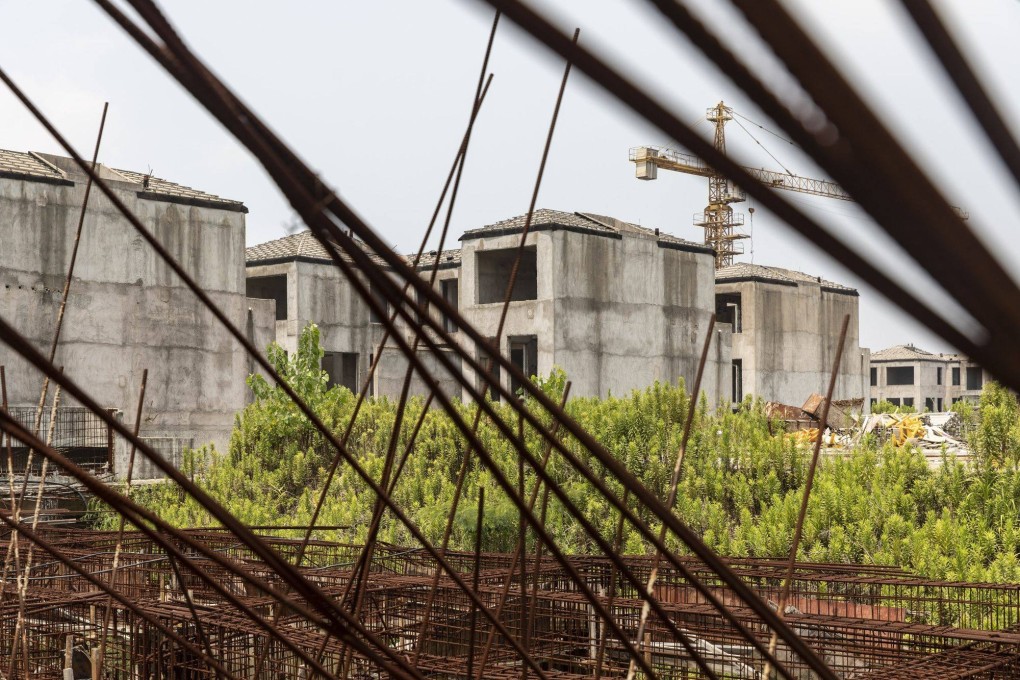China’s Politburo to ensure delivery of unfinished homes to prevent mortgage-boycott crisis from escalating
- Local governments will be responsible for ensuring the delivery of housing projects, according to a Politburo statement
- Mortgage-payment crisis has now spread from a handful of residential projects in a few cities to over 320 residential schemes in 95 Chinese cities

China’s top leadership has for the first time underscored the importance of ensuring the delivery of homes, signalling the government’s commitment to avert a brewing crisis that involves creating a bailout fund to get cash-starved developers over the finishing line.
Local governments will be responsible for ensuring the delivery of housing projects, according to a statement issued on Thursday after a meeting of the Politburo, the Communist Party’s top decision-making body.
A stable property sector and use of policies to fully support the real demand for homes and ensure their delivery will be a top priority, the statement said, reiterating President Xi Jinping’s oft-repeated comment that “houses are for living, not for speculation”.
The statement comes amid a mortgage boycott by homebuyers that has delivered another blow to the already bruised Chinese property sector. Over the past few weeks, buyers of more than 320 residential projects in 95 Chinese cities have collectively refused to make mortgage payments unless construction of their homes resumes, according to real-time updates on “WeNeedHome” on GitHub, Microsoft’s collaborative code-sharing platform, which is commonly used to avoid censorship in China.
The central government is reported to have stepped up efforts on creating a real estate fund to ease the crisis.